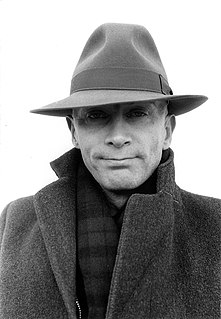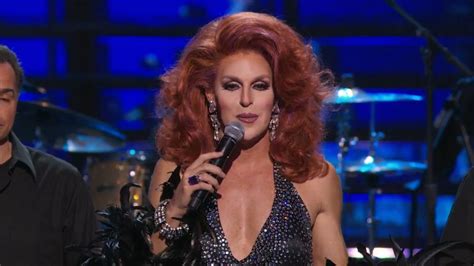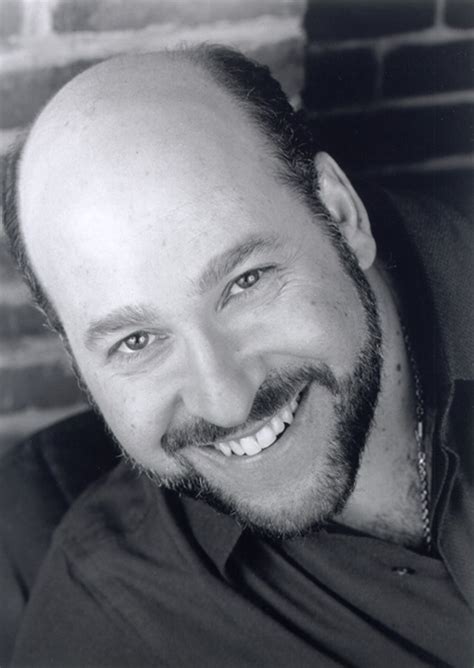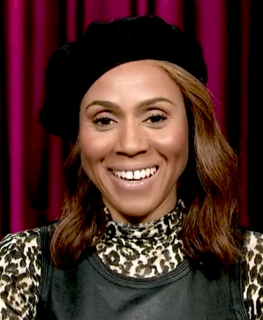A Quote by Denis Norden
If the laughter of the audience was malicious we wouldn't show it.
Related Quotes
Making a show is also economics. Because the irony is, or the shame of it is, you cannot create a show instantaneously. It needs to be massaged. You need to see who is relating to who. How is it working with the audience? You need to give it a chance for the audience to find it, because there are so many outlets. And the audience doesn't know where to go.
Laughter to begin with was probably glee at the misfortunes of others. The baring of the teeth in laughter hints at its savage ancestry. Animals have no malice, hence also no laughter. They never savor the sudden glory of Schadenfreude. It was its infectious quality that made of laughter a medium of mutuality.
When the theater is gothic it matches the sensibility of the show. It's also very intimate. The audience is very close to the performers. The show is scary and the scary stuff always works best with an intimacy with the audience. And the show is erotic, and I think erotic always works best when it's close to the audience, as well.






































